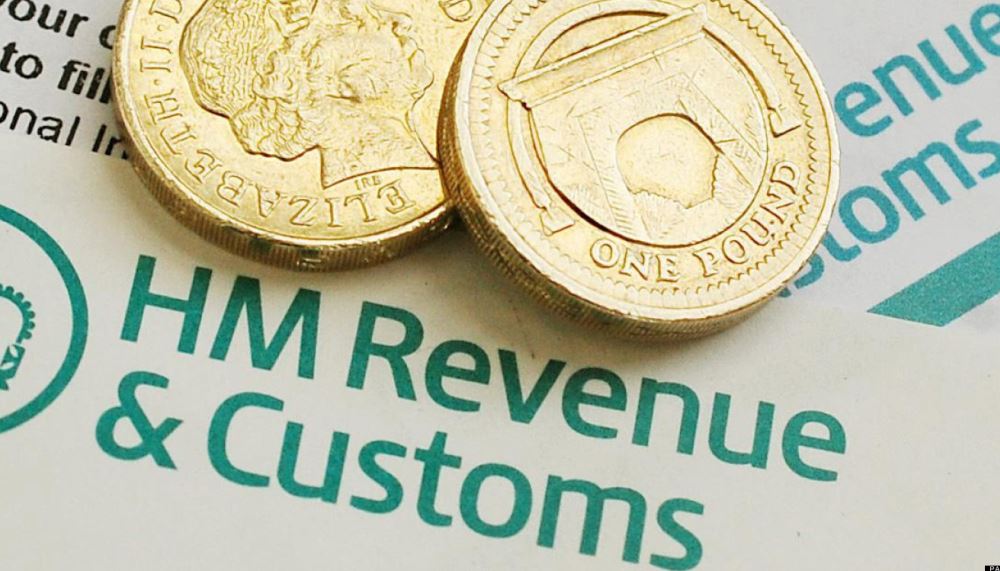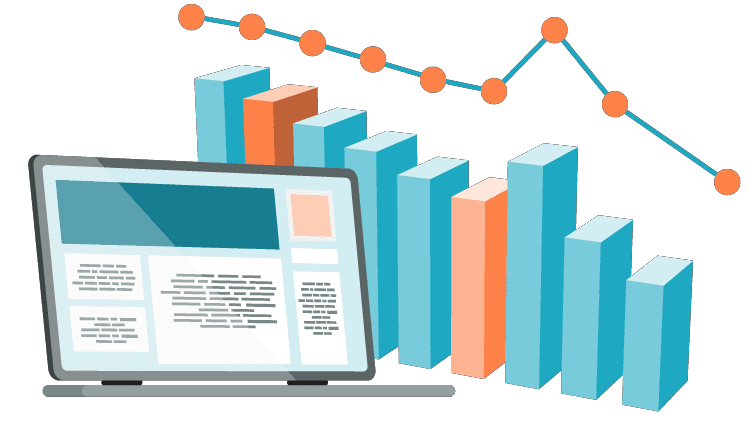Although these instant loans have proved to be the savior of many companies that cannot operate normally, companies are now facing the issue of having to consider monthly loan repayments, even if the company may not resume operations. At pre-pandemic levels, this means that your cash flow is still an issue.
If the Recoverable Loan Cannot Be Repaid, Who Is Responsible For the Debt?
Recycling loans has brought many attractive benefits, one of which is that the British government provides 100% guarantees for lending banks. This means that company directors or shareholders do not have to provide any personal guarantees.
Although this may not make much sense during the scheduled repayment of the loan, this kind of government guarantee is very valuable in case the borrowing company becomes insolvent. Since the loan is supported by the government rather than the personal guarantee of the directors, if the company falls into financial difficulties and subsequently goes bankrupt and liquidates, the responsibility for repaying the loan lies with the government, not the directors of the company.
If the company is unable to repay the recovered loan, the directors are personally responsible for repaying the money only if they can prove that they misused the recovered loan funds.
Misuse of Recovered Loan Funds
Recycling loans are not designed for any purpose but are provided to companies to use in any way that provides companies with “financial benefits” during the coronavirus pandemic. This may include strengthening your cash flow position, buying new machines, replenishing goods, or paying employees.
As long as the funds are used in a way that is directly related to the business and its operations, you are unlikely to be accused of embezzlement of public funds. However, if the money is used to fund individual purchases, if the company cannot keep up with the agreed monthly payment, the company directors may be personally liable for the outstanding amount.
If there is any doubt as to whether the recovered loan funds may be spent in an unforeseen manner, you should urgently seek the advice of a licensed bankruptcy practitioner. They will be able to assess the position and recommend whether the personal liability of recovering the loan is worth worrying about.
What If We Know that We Cannot Pay the Restoration Loan?
We don’t expect this to be the case, but we do know that companies that cannot survive may have obtained these loans. So, in the end, if your business is unable to repay this emergency loan, then if you “act reasonably and responsibly as a director of the business”, that’s not a big deal. Who knows how long the Covid crisis will last. If the situation changes and your behavior is correct, there is no need to worry. However, if you do not repay the loan, your bank’s credit rating may be affected. If you cannot repay the debt, you will be insolvent.
What does it mean to not act “reasonably and responsibly”. So, if you use the repossession loan to repay the loan you submitted, or pay dividends or money orders when the business is unable to pay normal suppliers or creditors, then this is called a concession and violates the bankruptcy law. In 1986.
The Recovered Loan Cannot Be Paid Immediately, But I Think The Company Has A Future.
If you are currently unable to pay the monthly repayment of the recovery loan, this does not mean that the business cannot be saved. There are several business rescue and recovery strategies that can help strengthen your cash position.
For those who owe HMRC money, a time-to-pay (TTP) agreement can be negotiated. The function of the TTP agreement is similar to the payment plan between the company and HMRC. The company agrees to pay all taxes owed, and HMRC will give them extra time to do so. TTP usually lasts up to 12 months and should be set to a level that is affordable and easy to maintain for the enterprise. Or, if the debt is large and owed to different creditors, formal bankruptcy procedures may be more appropriate.
If the company is facing the threat of legal proceedings, placing the company in management can provide the necessary time and respite while planning the way forward. For those with ever-increasing debts, the Corporate Voluntary Agreement (CVA) allows them to consolidate their debts into a legally binding payment plan that will allow all the debts included to be settled within a specified period (usually three to five years). Management and CVA can only be carried out under the guidance of a licensed bankruptcy professional.

The Recoverable Loan Cannot Be Repaid, Can the Business Be Closed?
Businesses can be closed with outstanding restoration loans. In terms of the settlement, the treatment of repossessed loans is no different from any other unsecured loans that a business may have. This means that if the company is insolvent and must be liquidated, the balance of the recoverable loan will be included in the process.
The voluntary liquidation of bankrupt companies through voluntary creditor liquidation or CVL is handled by licensed bankruptcy practitioners. In the process, they have many responsibilities, one of which is to determine the company’s assets before distributing the proceeds of these assets to outstanding creditors.
In the case of a bankrupt company, the value of creditors will be greater than the value of available assets. Therefore, when the company is officially and formally closed in the company building, any unpaid debts will be cancelled.
Unless the loan is secured by the director’s guarantee, the director/shareholder of the bankrupt company will not be required or expected to pay any difference.
Do You Need Help Solving Your Loan Repayment Problem?
If a company does not repay a recoverable loan, or if it believes that it may be in danger of doing so in the future, it should first seek expert help and advice. A company in financial trouble can reverse itself in many ways, but taking this action early is essential to increase its chances of success.



